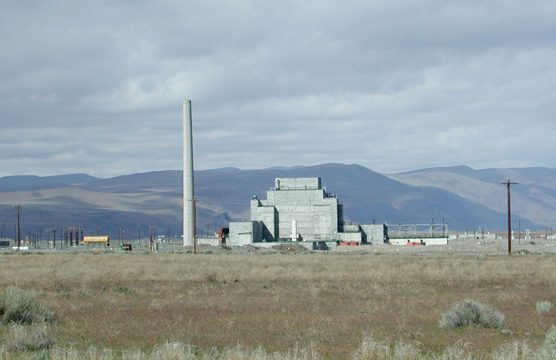SUBSCRIBE TO THE FREE NEWSLETTER
Canuck the Crow is a father
The world’s most famous crow–Canuck, who lives in Vancouver and has a very dedicated social media following for his quirky interaction with humans–is now the father of several chicks, New 1130 reports. He’s known for all sorts of mischief, including stealing people’s keys, glasses, and in one famous incident, a knife from a crime scene.
He and his partner Cassiar are raising the new chicks, and you can follow them on the Facebook page Canuck and I, which is lovingly run by Shawn Bergman.
At Cascadia Magazine, one of our most popular posts ever was BC poet Fiona Tinwei Lam’s poem about Canuck, “Ode to a Crow.”
You can read Fiona’s poems “Ode to a Crow” and “Sea Star” online here.
Poetry at Cascadia Magazine: “Ensō” by Shin Yu Pai
Now online at Cascadia Magazine, take some time to read “Ensō,” by Seattle-based poet Shin Yu Pai, a rich meditation on mortality, living between cultures, and… squid.
“there is no separation between
her and obliteration when she watches
a juvenile squid, logilo opalescens
expire in the weathered palm of
the retired smokejumper”
Read the full poem online here.
Feds change rules on Hanford cleanup
The Tri-City Herald reports that the US Department of Energy is changing rules about how it defines high-level radioactive waste, likely reducing its commitment to the cleanup of the Hanford nuclear site in central Washington. At Crosscut, John Stang has a detailed look at the cleanup and how the state of Washington is in conflict with the feds over reclassification, which could imperil dealing with 56 million gallons of highly toxic waste. And one more threat to Hanford cleanup efforts: a more intense fire season.
Will new regs shut down small cannabis growers in BC?
The Tyee looks at how new regulations for British Columbia’s legal pot growers might be too much for small-scale operations, since meeting federal guidelines is estimated to cost from $1-2 million. Josh Jardine at the Portland Mercury looks at problems with social equity spending from cannabis tax revenues in Portland and laments that most of the funds go to policing rather than increasing diversity in the legal cannabis industry. And unique to Cascadia, cannabis is still illegal in Idaho, where police are even arresting truckers transporting hemp, despite federal officials telling them not to.
How much of proposed carbon tax in OR will be refunded?
OPB looks at the debate in the Oregon legislature about a proposed carbon tax and how much of the revenue will be refunded to low-income residents. In other transportation/climate news, the Seattle Times wonders why Seattle’s bike commuters are predominantly male and white. The Times also looks at a Seattle campaign to get people to park bike shares in a way that doesn’t interfere with people who are mobility impaired.
Getting rainbow trout out of the South Fork Snake
Boise State Radio looks at efforts to get invasive rainbow trout out of the South Fork Snake River in Idaho, which are competing with native cutthroat trout. In related news, the Seattle Times reports that chinook salmon runs in the Columbia River are much lower than previous years, posing problems for the southern resident pod of orcas that depend on them.
Why who you buy John Okada’s novel from matters
Japanese-American writer John Okada, whose No-No Boy, about the World War 2 internment is a classic of literature in Cascadia, is at the center of a controversy over who has rights to sell his 1957 novel, according to the website Resisters. University of Washington Press has been paying royalties to the Okada family, but Penguin is publishing a copy of the novel claiming it’s now in the public domain. Writers such as Viet Thanh Nguyen are urging readers to buy the book from UW Press instead.
A Eugene artist who medium is bones
Eugene Weekly has an amazing, detailed feature on Springfield, OR-based artist Jessica Kinser, who makes lovely/creepy vitrines and dioramas using the bones of dead animals — including pets of friends and art patrons. The photos alone are amazing, shocking and fascinating. “For the better part of three hours, I watched as Kinser basically turned Charlie inside out, making slow incisions along the legs and torso as she peeled the cat’s skin away from the meat inside. She worked gently but swiftly, with authority, but also with a kind of casual gravity that balanced reverence with acceptance.”
And on that note, hope you have a lovely evening and a good tomorrow from today’s nomadic headquarters of Cascadia Magazine: Eastern Cafe in Seattle’s International District. –Andrew Engelson

